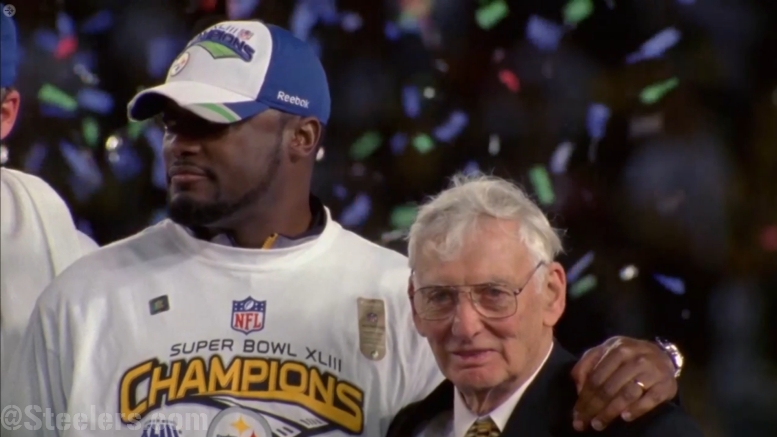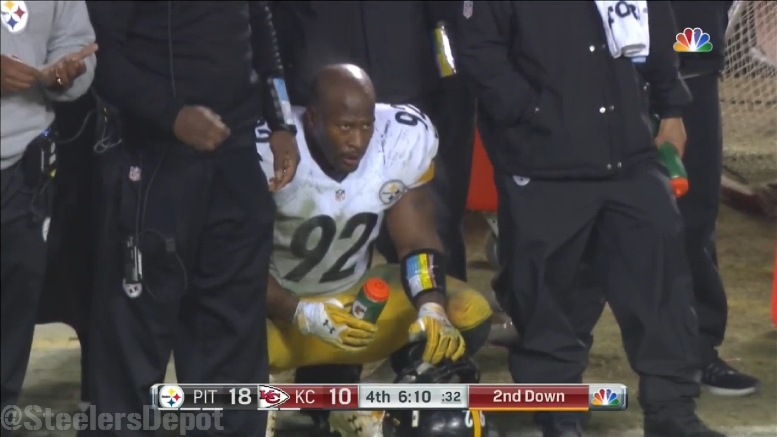It shouldn’t exactly be a surprise that former members of the Pittsburgh Steelers appear to be among the most upset with the current implementation and enforcement of the ‘Rooney Rule’ in the NFL, which stipulates that teams must interview at least one minority candidate for every head coaching vacancy.
After all, the rule is named after and synonymous with Dan Rooney, who was a champion of it from the outset, a well-known believer in diversity. And their head coach, under whom they played, has been the most prominent minority head coach since the rule was initially implemented four years before he was even hired, that being Mike Tomlin, 13 years on the job.
I wrote about former Steelers safety Ryan Clark sounding off on the way teams treat the process, many of whom seem to merely offer a token interview for a popular minority coordinator for moving on to hire another candidate.
When the rule was first made, it came following an offseason in which several minority head coaches were fired, and there left just three remaining. Today, with one head coaching vacancy, there are just four. In 2017, there were eight. Five were fired by the start of the following offseason, with only one new one hired.
James Harrison joined Clark in condemning team executives rubberstamping the process, making the media circuit himself. In commenting on the hiring of Matt Rhule direct from the college ranks, he said, as transcribed by Jacob Klinger, “what has the Rooney Rule did but give somebody who is not qualified a seven-year $60 million dollar deal that has not done anything at this level?”.
He went on to say that “if Dan Rooney was alive today he’d be pissed to see what it has done. So now it’s come down to ‘let’s check a box, we got a minority to get an interview. We checked the box and let’s move on’”. This year, the token interview has been Kansas City Chiefs offensive coordinator Eric Bieniemy.
The league’s diversity problem in the coaching ranks is multi-faceted, and certainly at least partly self-inflicted. For one thing, in spite of the fact that they are always provided a list of minority candidates as suggestions to be considered in the interview process, especially this year it was hardly adhered to at all and largely ignored.
There are limitations in the opportunities afforded to minority coaches to advance in the ranks, which leads to a limited pool available. To be blunt, the only possible explanation for the lack of minority coaches in the NFL that doesn’t involve them being actively ignored would require the assumption that they are merely inferior at performing the necessary tasks involved in said jobs.






